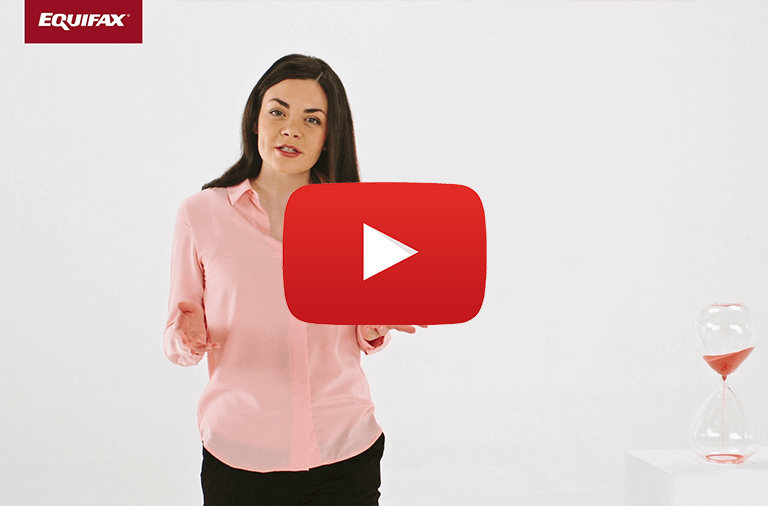What is an Excellent Credit Score?


Highlights:
- Generally, credit scores of 800 and above are considered to be in the excellent range.
- Although there's no single number that guarantees a borrower access to new credit, credit scores in the excellent range may have an easier time securing a loan than borrowers with lower scores when applying for new accounts.
- If you're working toward excellent credit scores, you'll need to establish positive financial habits such as keeping up with debt payments and carefully monitoring your credit reports.
Credit scores in the excellent range are generally considered to be low-risk borrowers. By establishing responsible financial habits — and practicing these habits consistently over time — excellent credit scores may be within your reach.
What are credit scores and what range is considered excellent?
Credit scores are three-digit numbers, typically ranging between 300 and 850, designed to represent your credit risk, or the likelihood you will pay your bills on time. Credit scores are generated based on the information recorded in your credit reports. Lenders consider your credit scores as one factor when deciding whether to offer you credit. They may also reference your credit scores when setting the interest rates and other terms for any credit they issue.
Lenders have varying criteria for approving credit, but most borrowers think about credit scores in a similar way. Lower credit scores tend to indicate a high-risk borrower who may have struggled with paying back credit in the past. Individuals with low scores may have difficulty getting approved by a lender or find themselves facing high-interest rates and other unfavorable terms. Higher credit scores tend to suggest a low-risk borrower with a history of positive credit behavior. These individuals may be more likely to be approved for new credit.
There are many different scoring models used to calculate your credit scores. However, in most scoring models credit scores at the top of the range (generally 800 and above) are considered excellent. Borrowers with excellent credit scores typically have the best chance of securing new credit at the most favorable terms.
What is the typical credit score range?
Most credit scoring formulas sort credit scores into several groups, which are then ranked according to risk. There are many different scoring models used to calculate your credit scores. However, most ranges are similar to the following:
- Excellent (800 to 850): Lenders generally view these borrowers as less risky. As a result, individuals in this range may have an easier time being approved for new credit.
- Very good (740 to 799): Very good credit scores reflect frequent positive credit behaviors. Lenders are likely to approve borrowers in this range.
- Good (670 to 739): Lenders may think twice before offering new credit to individuals in this range. If approved, borrowers with good credit scores may face higher interest rates than less risky borrowers with higher credit scores.
- Fair (580 to 669): Borrowers with credit scores in this range often have a history of poor credit behaviors. As a result, lenders may be reluctant to offer new credit.
- Poor (300 to 579): Borrowers with poor credit scores are considered very risky and are unlikely to be approved by a lender.
You can read “What Are the Different Ranges of Credit Scores?” for more detailed information about how credit scores are categorized.
Benefits of having an excellent credit score
Although there's no single number that guarantees a borrower access to new credit, excellent credit scores will generally give you an advantage when applying for new accounts. You also may qualify for higher credit limits on revolving credit accounts, such as credit cards and personal lines of credit.
There's a big benefit for your bank account, too: Your debt may be less expensive because lenders use your credit scores to set interest rates for loans. Excellent credit scores can also qualify you for credit cards and other revolving credit accounts with lower annual percentage rates.
Steps to help you achieve excellent credit scores
If you're working toward excellent credit scores, it's wise to establish positive financial habits — and stick to them.
- Make timely payments. In most credit scoring models, payment history has one of the most significant impacts on your credit scores. So, one of the most reliable ways to increase your credit scores is to keep up with what you owe. Prioritize making your payments on time, every time.
- Make a plan to pay off your debts. Create a detailed budget that sets aside a portion of your monthly income to repay your debts.
- Aim to pay your credit card balance in full. If you have credit card debt, do your best to pay any outstanding balance each month. Carrying a balance on your card may increase your credit utilization ratio, which is an important factor in calculating your credit scores. Lenders typically like to see you use no more than 30% of your total available revolving credit.
- Only apply for accounts that you need. Limit yourself to credit accounts that are necessary and affordable. New requests for credit may result in what's known as a hard inquiry on your credit history, which may negatively impact your credit scores.
- Monitor your credit reports and credit scores. Monitor the positive impact of your new credit behaviors by regularly reviewing your credit scores. You may find your credit scores listed on your bank documents, credit card statements or loan contracts. You can create a myEquifax account to get six free Equifax® credit reports each year.
With a little patience and a lot of consistency, excellent credit scores can be within your reach.



